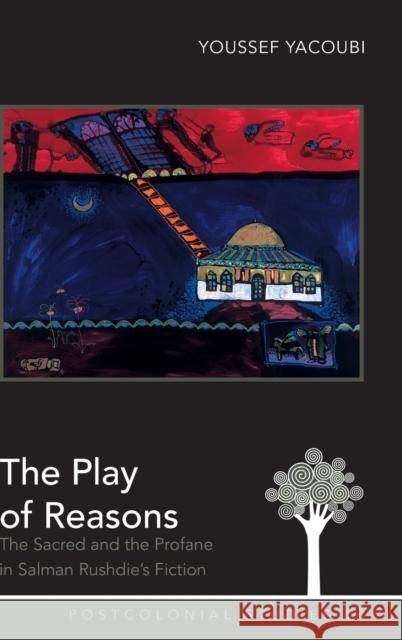The Play of Reasons; The Sacred and the Profane in Salman Rushdie's Fiction » książka
The Play of Reasons; The Sacred and the Profane in Salman Rushdie's Fiction
ISBN-13: 9781433113260 / Angielski / Twarda / 2012 / 230 str.
The Play of Reasons argues that Salman Rushdie s eclectic and hybridized work can be situated within an Islamic genealogy of theological and literary traditions. Rushdie s prose is difficult to conceive as unitary in meaning precisely because it operates according to a polymorphous Islamic literary and theological register, while also being divided by the Greek, Abrahamic, and Indian dimensions. There is a parallax when Rushdie is viewed from within Islamic traditions, creating interest in a certain postcolonial saturation of Islamic literary traces, theological, and political anxieties; closures and ruptures of the sacred and the profane. Rushdie s writing is neither essentially Islamic or Indian, nor essentially Western or Greek, but to read him, in terms of an Islamic tradition, is an intervention in what the author calls -Diasporic criticism.- Rushdie s work construed as -a kind of philosophy-in-literature- foregrounds an engagement with a number of Muslim -masters of suspicion- (classical and modern), whose literary and philosophical ideas have been deeply immersed in the limits of tradition. In the final analysis the author argues that Rushdie s prose demonstrates the extent to which literature is committed to a critical reconceptualization of history, truth, meaning, and value systems based in the possibilities of risk, constructive doubt, and contingency."











